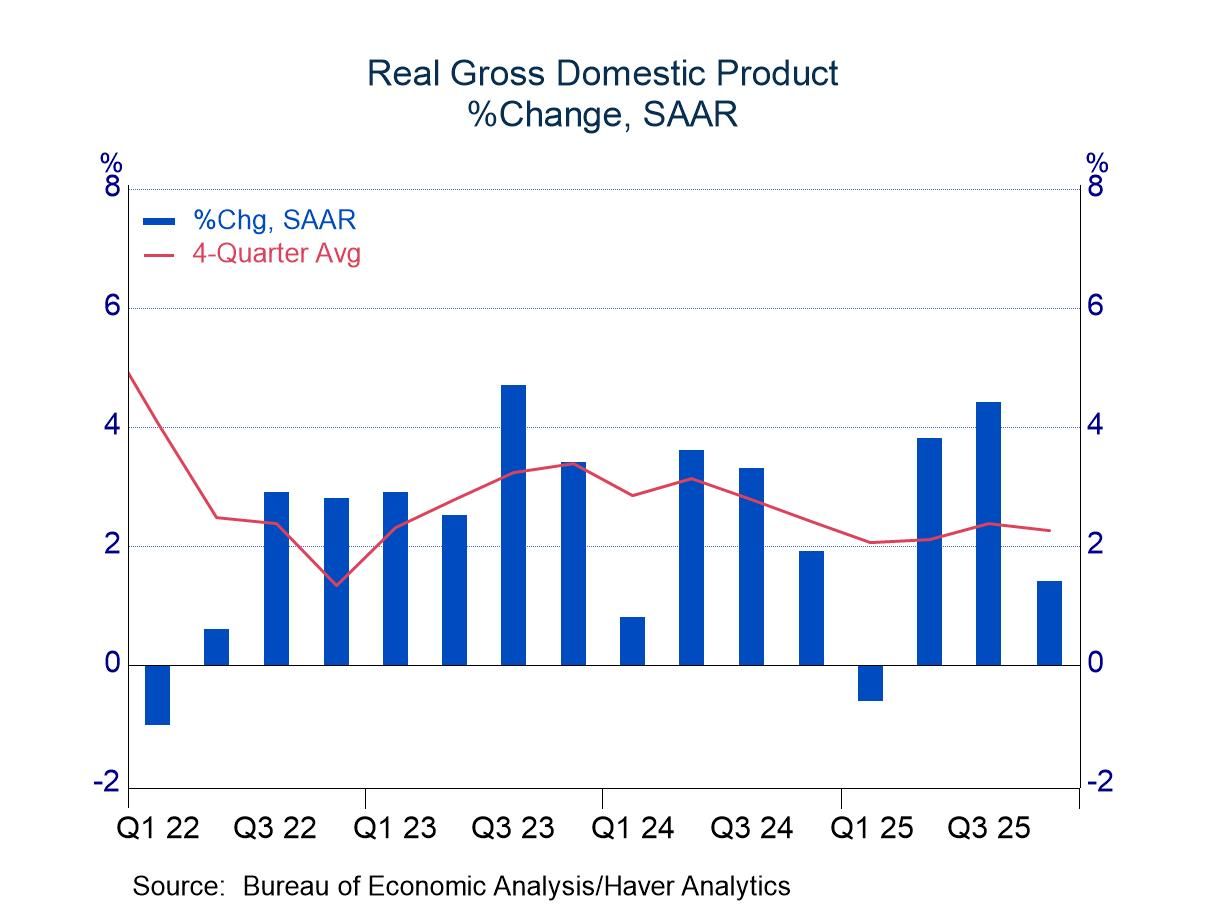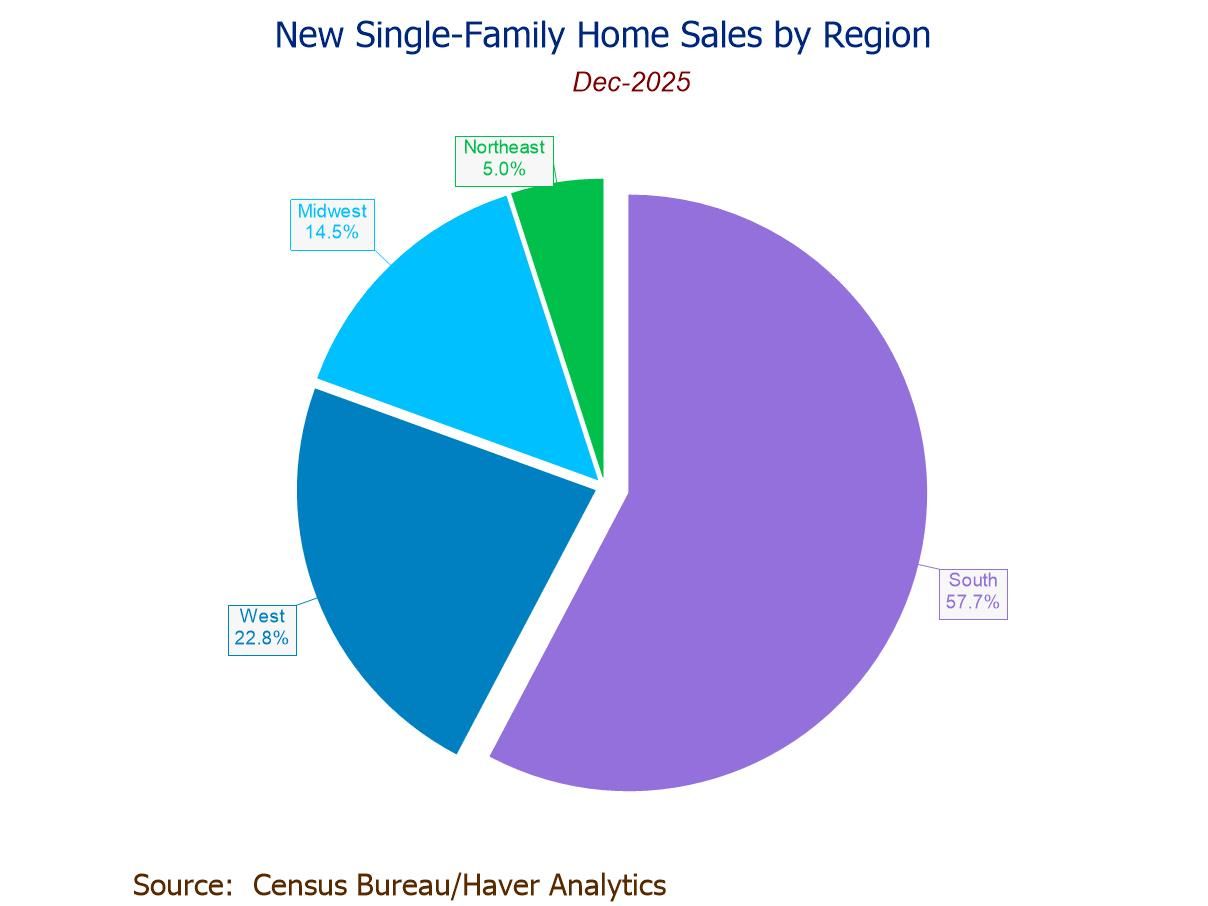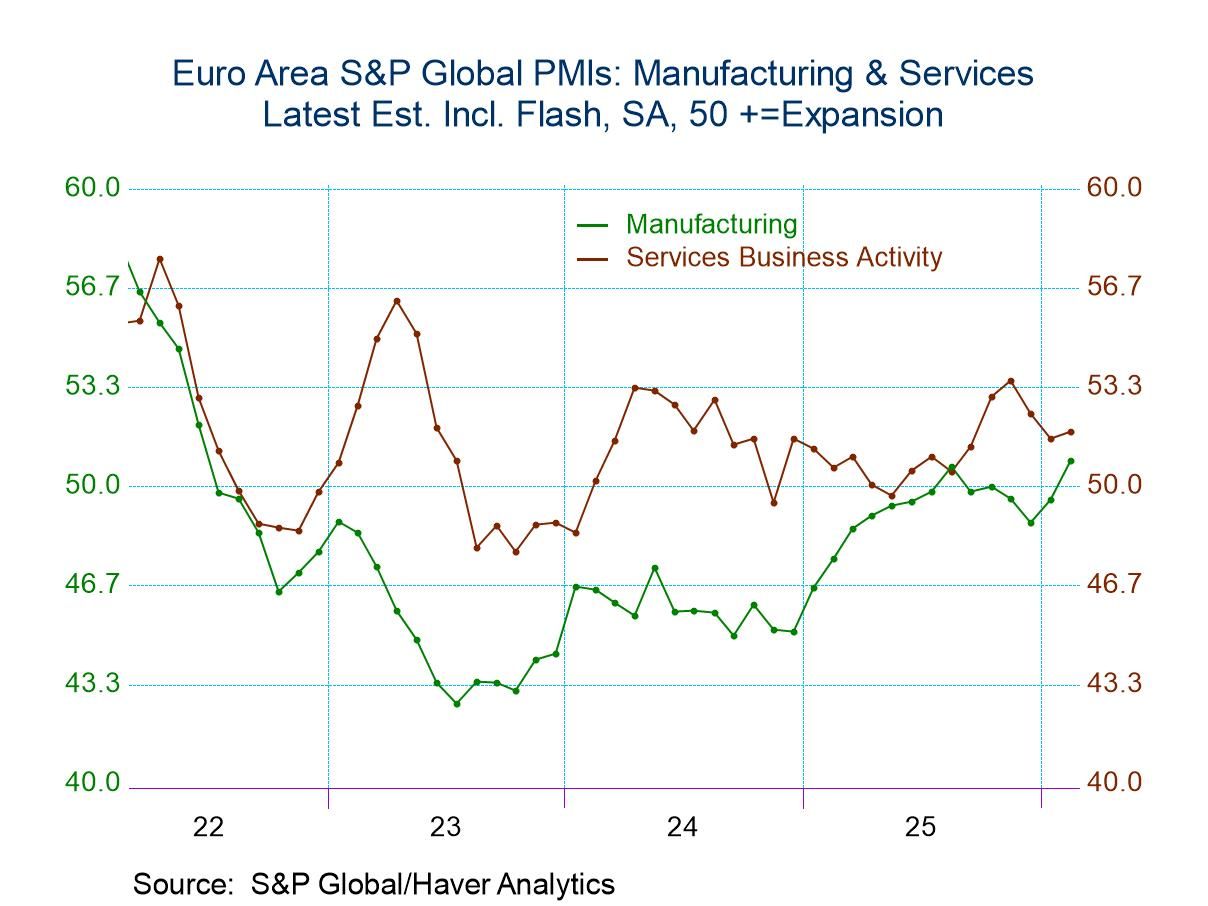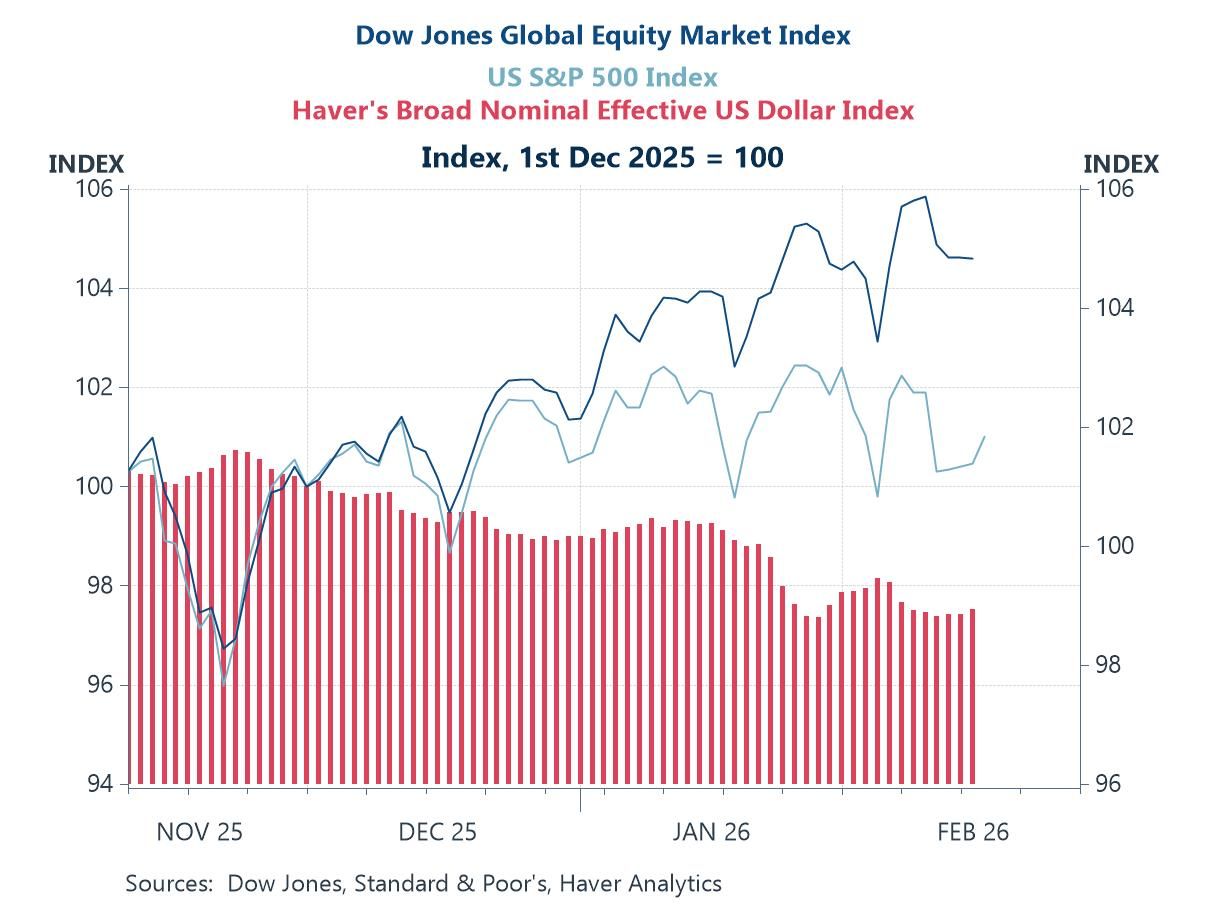Germany’s PPI Runs Slow

The German PPI in September fell by 0.5% as the ex-energy PII fell by 0.1%.
Year-on-year Germany’s PPI fell by 1.4% but the ex-energy PPI rose by 1.3% providing ‘some breathing space’ on the inflation front. The PPI, of course, is not targeted by the ECB nor are any national pricing results. However, Germany is the largest economy in the EMU and its results matter. What we see in the PPI is evidence of better price discipline overall- but overstated in the PPI headline.
Sequentially the German headline PPI gains 0.6% at an annual rate over six months and is flat over three months- compared to its 12-mont drop of 1.4%. The ex-energy PPI rises at a 1.9% annual rate over six months and runs at a 0.7% annual rate over three months. PPI prices are more closely linked to the manufacturing sector when global economic conditions have remained weak.
German sector results show mixed gains/losses from July to September monthly. Sector results taken sequentially show German consumer goods prices (at the PPI level) up by 1.5% over 12 months, gaining at a 1.8% pace over six months and rising at a 0.6% pace over three months. That’s a relatively subdued profile. Investment goods prices rise by 2% over 12 months, rise at a 1.2% annual rate over six months, and tick higher over three months at a 0.3% annual rate. Intermediate goods prices are up by only 0.5% over 12 months, rise at a 1.0% annual rate over six months, and fall at a 1.0% annual rate over three months.
The table shows German CPI prices for comparison. They are closer to the HICP that the ECB targets EMU-wide than the PPI. The profile of headline CPI prices in Germany runs under the EMU 2% target on all three sequential periods. But the CPI excluding energy is hot, running at a pace North of 2% over 12 months, 6 months and 3 months at an annual rate and showing its hottest pace over 3 months.

On balance, German inflation is not exorbitant. The CPI is slightly hot, but still posting such a number in an economy where growth is struggling. That suggests inflation is still demonstrating staying power. Germany’s inflation performance is unlikely to raise any eyebrows or to console any of the inflation-fearing public. The report is simply another unconvincing reading on inflation at a time of difficulty for policymakers.
Robert Brusca
AuthorMore in Author Profile »Robert A. Brusca is Chief Economist of Fact and Opinion Economics, a consulting firm he founded in Manhattan. He has been an economist on Wall Street for over 25 years. He has visited central banking and large institutional clients in over 30 countries in his career as an economist. Mr. Brusca was a Divisional Research Chief at the Federal Reserve Bank of NY (Chief of the International Financial markets Division), a Fed Watcher at Irving Trust and Chief Economist at Nikko Securities International. He is widely quoted and appears in various media. Mr. Brusca holds an MA and Ph.D. in economics from Michigan State University and a BA in Economics from the University of Michigan. His research pursues his strong interests in non aligned policy economics as well as international economics. FAO Economics’ research targets investors to assist them in making better investment decisions in stocks, bonds and in a variety of international assets. The company does not manage money and has no conflicts in giving economic advice.






 Global
Global